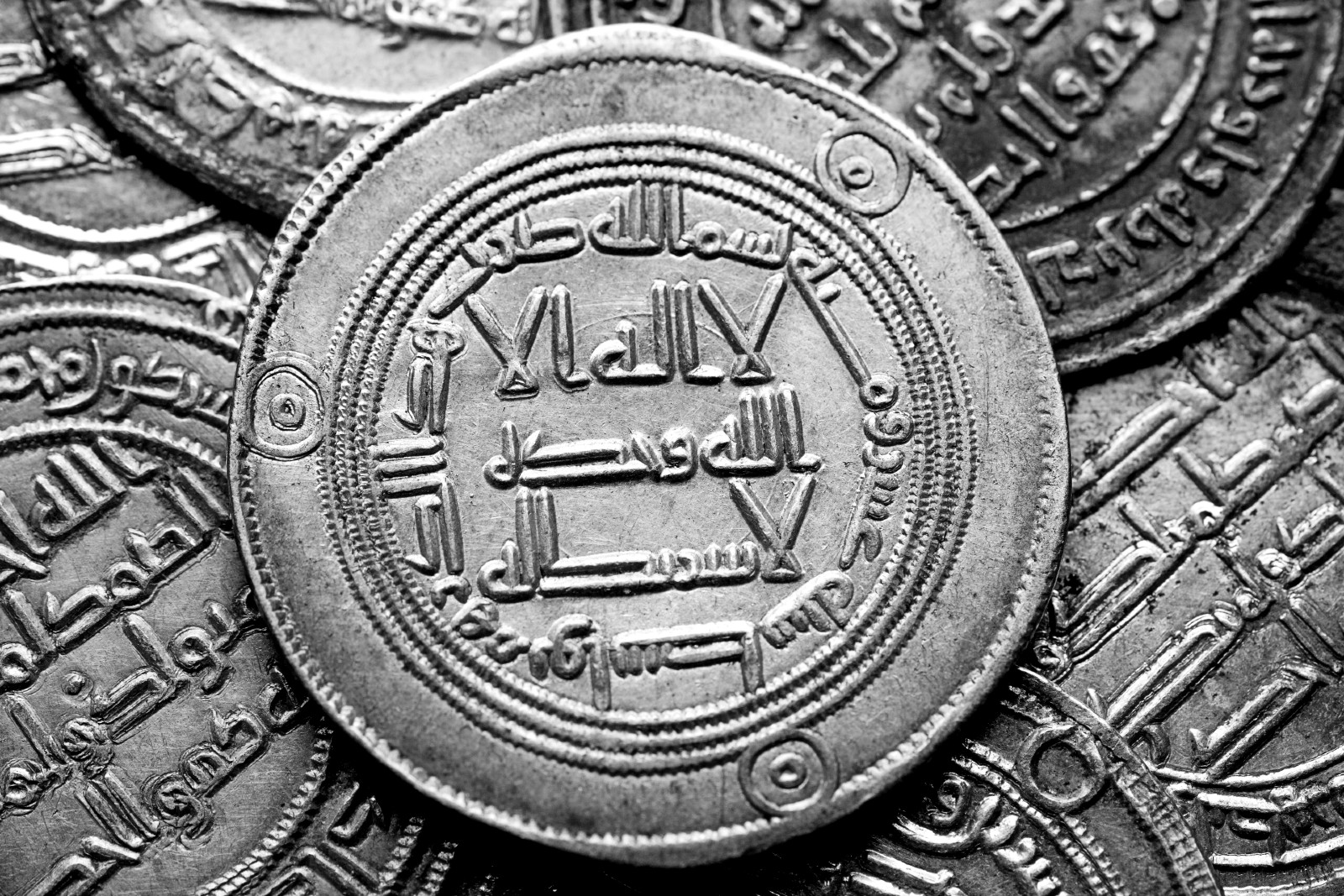FRA announces guidelines to encourage responsible SME lending

The Financial Regulatory Authority (FRA) has set out responsible lending principles for non-bank SME financing products, according to a statement (pdf). The new responsible lending code (pdf) offers guidance on how to act in borrowers’ best interests by making sure they are offered the most affordable and suitable options. The FRA says the framework develops a system that ensures transparency of terms through disclosures that clearly explain pricing plans, with an eye to making it easier for borrowers to compare options.
What do the principles entail? Non-bank lenders are now required to set up a three-tier pricing system for their financing products for low-risk, medium-risk, and high-risk customers. The regulator lays out equations for lenders to determine how to price their products, based on certain factors. The nominal interest rate for loans can be set either as a simple rate that lenders can recalculate on a monthly basis, an annual declining rate, or a fixed interest rate for the full tenor of the loan.
What factors determine the pricing of SME loans? The duration and tenor of the facility, whether it will be used for investment (capital expenditure) or operating expenses, the borrower’s credit history with the lender, whether or not the loan and project being funded are covered by ins., and the borrower’s risk level, according to the new framework. Lenders also need to account for the cost of loan loss provisions, administrative costs, annual inflation rates, and targeted net income margins.
Non-bank lenders have six months to comply with the new principles, which are set to improve market conditions and competition protection, according to the statement.
What’s in it for the lenders? The Central Bank of Egypt (CBE) will ensure that lenders who comply with the framework have access to sufficient liquidity for their operational costs. These lenders will also have access to discounted or without-charge training workshops.
The responsible lending initiative was launched last month by the CBE and the FRA in partnership with the World Bank, and is directed at all SME lenders they regulate. The World Bank has committed funding to train members of the Egyptian Microfinance Federation in best practices, using a curriculum developed by international institutions specialized in responsible finance.
Who stands to benefit from the initiative? More than 3.5 mn owners of micro, small or medium-sized enterprises, with balances worth around EGP 27 bn, according to the FRA.
IN OTHER DEBT NEWS-
Misr Capital, the investment arm of state-owned Banque Misr, is working on sukuk issuances for three EGX-listed companies this year, with the first issuance expected in 2Q2022, CEO Khalil El Bawab told Bloomberg Asharq. El Bawab did not disclose the names of the companies or the size of the issuances.
We’re pretty sure we know who one of these companies is: Misr Capital has been appointed by Palm Hills Developments (PHD) to underwrite and promote its planned EGP 3 bn sukuk sale, which could go through this quarter pending regulatory approval, Ayman Elsawy, Group CFO at Contact Financial Holding, told us last month.
Also in the works: Wadi Degla Developments’s EGP 2 bn sale — which we were expecting last summer — and Amer Group’s EGP 1.1 bn issuance are expected to happen during the first half of the year.
A sukuk “boom” in 2022? El Bawab said that Egypt’s corporate sukuk market will see a “boom” this year, and predicted that more than EGP 10 bn of the Sharia-compliant securities would be offered to investors. By our count, only one EGP 2.5 bn issuance from Contact Financial Holding (formerly Sarwa Capital Holding) took place last year, despite predictions that EGP 20-25 bn in corporate sukuk would be issued.
SEPARATELY- Misr Capital is currently working on issuing securitized bonds worth around EGP 7-8 bn for several companies, with the first of them also penciled in for the second quarter, El Bawab told Asharq, without providing further details.